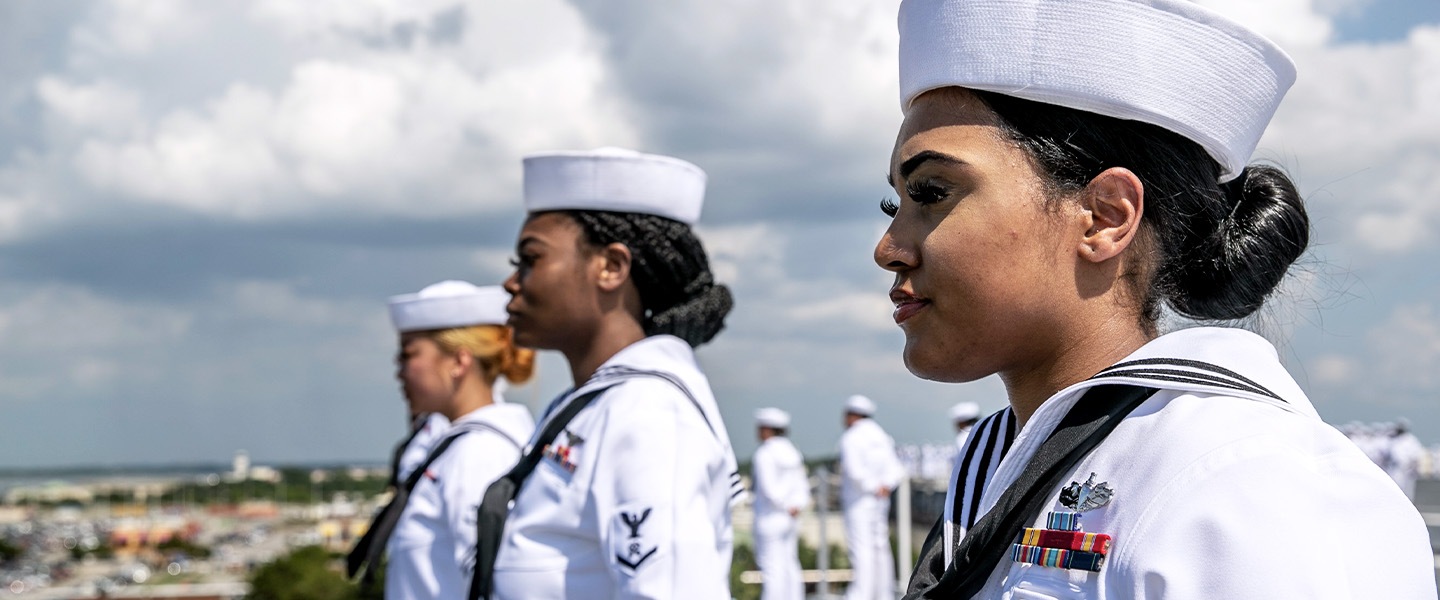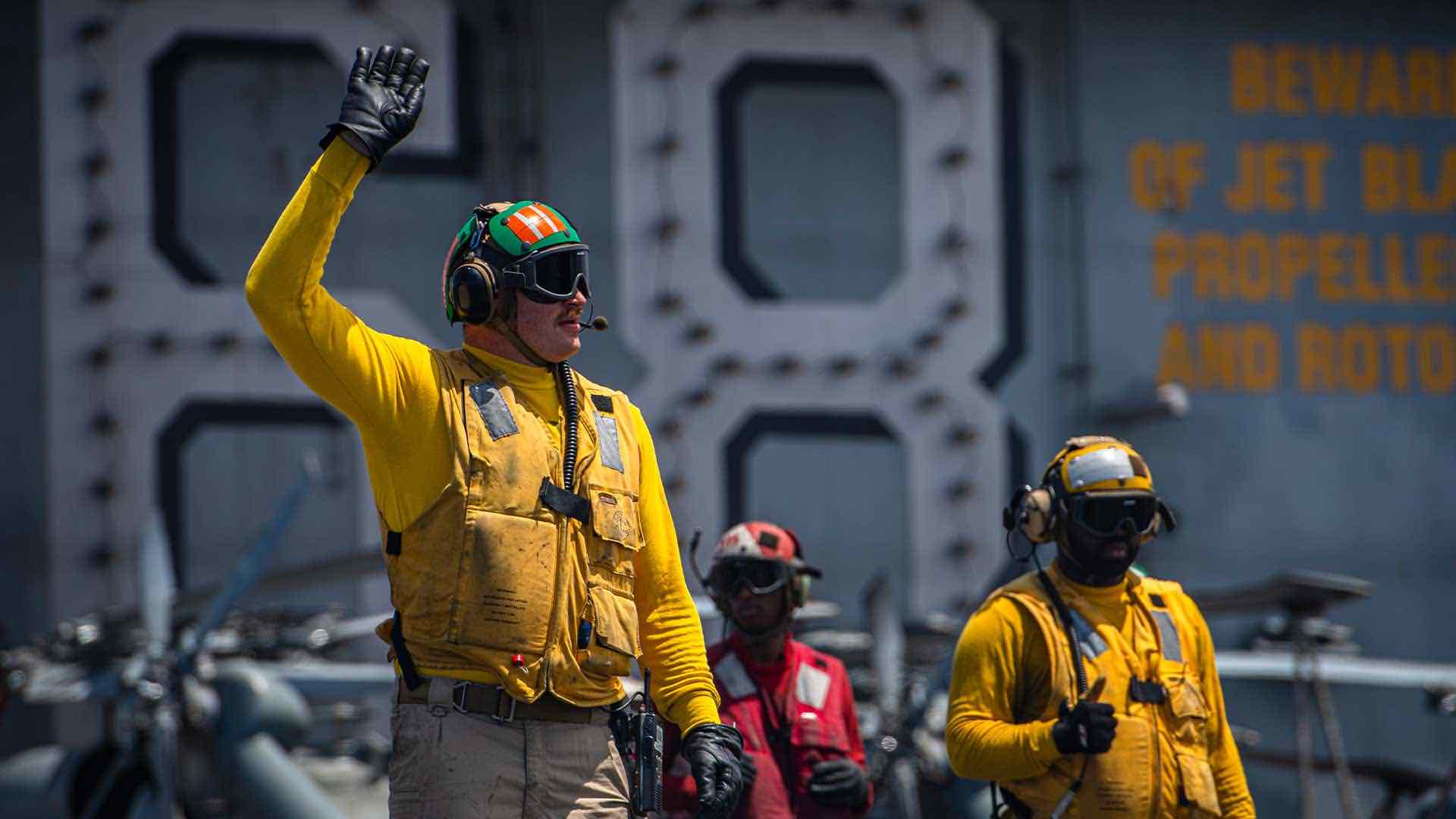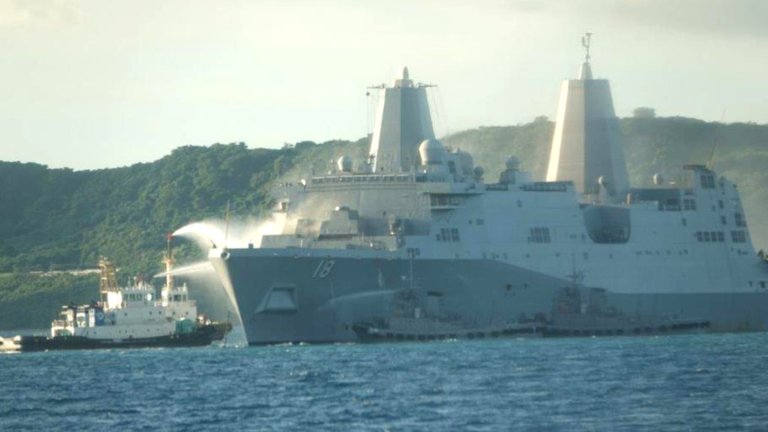Maritime Defense Technologies and Innovation
The evolution of maritime defense technologies continues to reshape naval warfare and security operations. Advanced sensor systems, including phased-array radars and sonar technologies, provide unprecedented situational awareness in complex maritime environments. These systems enable naval forces to detect, track, and engage threats at extended ranges while maintaining tactical advantage.
Cybersecurity has emerged as a critical component of naval operations, with ships' systems requiring robust protection against cyber threats. The integration of artificial intelligence and machine learning technologies enhances decision-making capabilities and automates routine tasks, allowing crew members to focus on strategic operations. Additionally, the development of directed-energy weapons and electromagnetic warfare systems represents the next frontier in naval defense capabilities.




